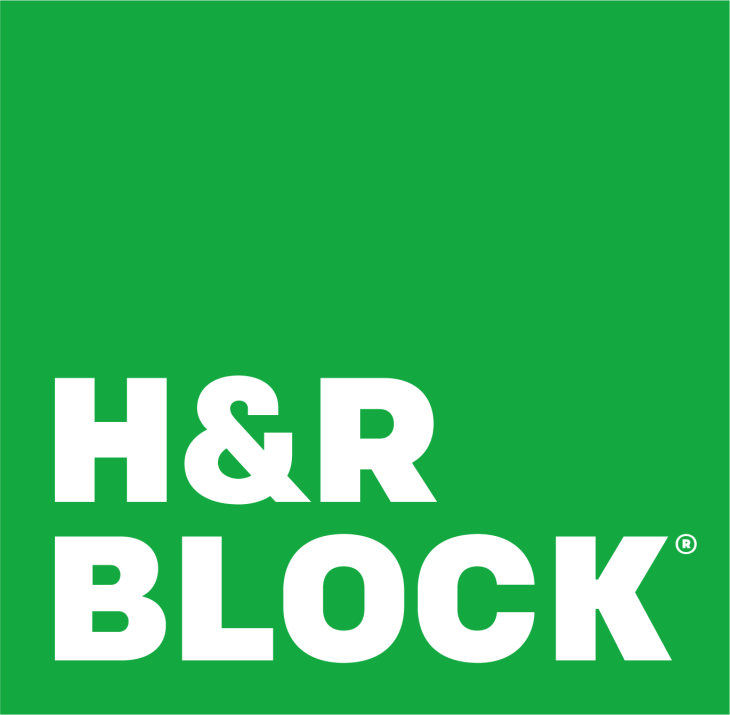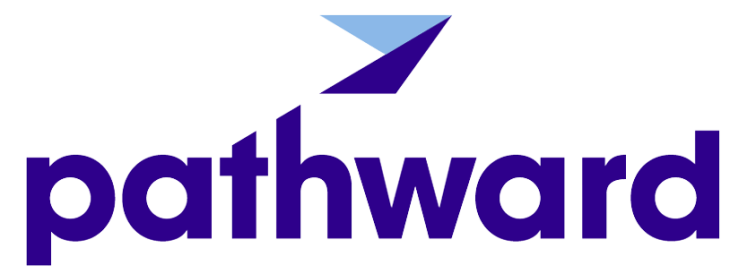In contrast, private-sector tax preparers provided more than 25 million free federal tax returns to taxpayers last year.
Direct File is confusing and unwieldly.
Wall Street Journal – “It can be a winding road through all the questions and screens, partly because the government needs legalese to cover all possible situations, such as whether you have an Adoption Taxpayer Identification Number. It is also cumbersome because of the effort the IRS goes through to keep the pilot limited. There are seven screens to get through just to see if Direct File appears to be a good fit for you. In the pilot version you can’t upload your W-2 as a PDF, as you can with some commercial tax-preparation software.” (January 25, 2024)
Most Americans are ineligible for Direct File.
The Washington Post – Many taxpayers in the 12 eligible states “will be ineligible: for example, the roughly 1 in 5 households with a self-employed worker, or the 1 in 10 taxpayers who itemize.” (February 4, 2024)
The New York Times – “Gig workers aren’t eligible.” (January 5, 2024)
AZ Central – “Among other restrictions, taxpayers reporting rental income, tip income or alimony won’t be able to participate in the first year. Nor will independent contractors, those taxpayers enrolled in healthcare-marketplace insurance plans or those people withdrawing money from health savings accounts.” (January 26, 2024)
Direct File is an expensive, unnecessary taxpayer-funded program.
The Washington Post – “In its report to Congress, the tax agency forecast that a government-built site would cost $64 million (for about 5 million users) to $249 million (for about 25 million users) per year to run. … A U.S. Digital Service official, speaking on the condition of anonymity to discuss the website before its debut, said the team kept growing from the day they started coding in May, reaching about 100 government employees and contractors now working on the software.” (February 4, 2024)
Treasury Inspector General for Tax Administration – “Direct File cost estimates [by IRS] could not be substantiated… The IRS’s estimate included costs associated with providing customer support, product development, i.e., labor costs, and technology, i.e., hosting fees, software licensing fees, etc. Yet when we asked the IRS for documentation supporting how it arrived at these various cost estimates, it could not provide us with any.” (October 2, 2023)
Many feel Direct File is an unnecessary expenditure that the IRS doesn’t have bandwidth to execute and taxpayers don’t need.
MITRE – MITRE found that only 12 percent of survey respondents would choose IRS Direct File option if no state return was included. (February 2023)
Adam Krupp, Former Commissioner for the Indiana Department of Revenue, Indy Star (October 26, 2023)
“Direct File’s advocates say it’s urgently needed because taxpayers need free government-run tax preparation software. It’s hard to see how that’s possible. Several free options for taxpayers are already available to prepare their taxes – both from commercial and government sources. So where is this urgency? Moreover, it’s hard to imagine taxpayers would trust an IRS-run tax preparation software system to generate their maximum refund. The IRS’ job is to collect as much tax revenue as possible. There’s an obvious conflict of interest if the IRS serves as both tax collector and tax preparer.”
Tony Scott, Former CIO for President Obama, The Hill (January 26, 2024)
“A clear, demonstrable need for IRS Direct File appears to be missing… Neither the IRS nor members of Congress who champion this IRS-sponsored approach have been able to characterize the benefits of their strategy in terms of time saved, costs avoided, increased customer satisfaction or any other commonly used metric of success/benefit. Nor have they been able to identify the expected cost per return (derived by aggregating all costs associated with the project and dividing that figure by the number of users). The estimated costs of this project are very likely grossly understated, based on a sampling of other government software development projects.”




